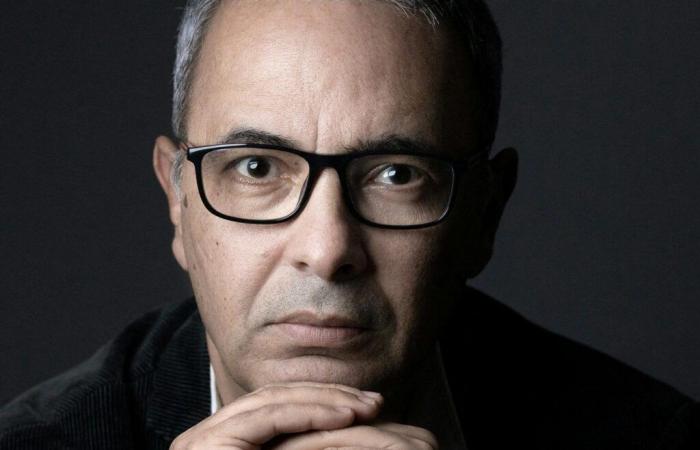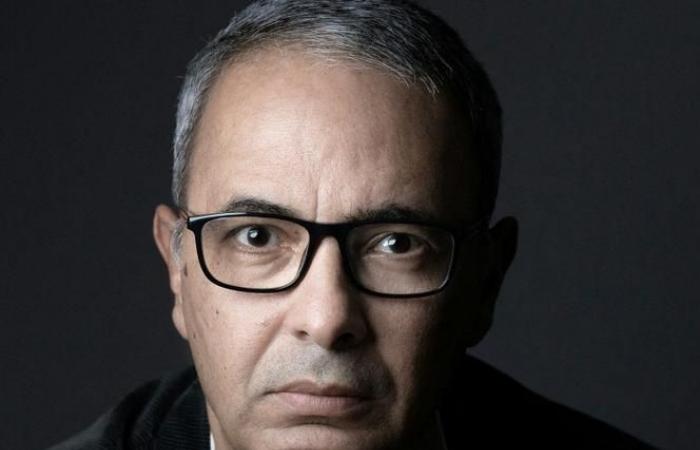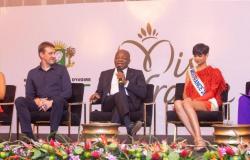The Goncourt Prize rewards Hourisby Kamel Daoud (Gallimard, 416 pages, 23 euros, digital 15 euros), announced, Monday November 4, from the Parisian restaurant Drouant, the Academy newly chaired by Philippe Claudel. Were also in the running Madelaine before dawnby Sandrine Collette (JC Lattès), Jacarandaby Gaël Faye (Grasset) and Archipelagosby Hélène Gaudy (L’Olivier).
Proclaimed at the same place in the wake of the Goncourt, the Renaudot prize rewards Gaël Faye for Jacaranda.
An important figure in public debate in France
Announced for weeks as a favorite, Houris thus succeeds Watch over herby Jean-Baptiste Andrea (The Iconoclast). With this novel, Kamel Daoud appeared for the second time in the final four of Goncourt, eleven years later Meursault counter-investigation (Actes Sud, 2014), ultimately recipient of the Goncourt for the first novel. The following decade brought the writer, born in 1970 in Algeria, to Mostaganem, a long-time journalist at Oran Dailycolumnist at Pointas an important figure in public debate in France. He settled there in 2023, three years after receiving French nationality.
Houris made its author the first Algerian to win the Goncourt, although the book was banned in his country and undoubtedly caused Gallimard to be excluded from the Algiers Book Fair. The novel in fact transgresses an article of the charter for peace and national reconciliation, which prohibits the evocation of “wounds of the national tragedy”an expression designating the civil war which pitted Islamist groups against the Algerian army from 1992 to 2002, and left between 60,000 and 200,000 dead and thousands missing.
From silence to confrontation
Or Houris place in his heart this “black decade”. Twenty years after the end of the fighting, the story unfolds today in two parts – from shadow to light, from silence to confrontation. First, the dark and lyrical monologue of Aube, 26 years old, a scar in the shape of a smile around her neck, speaking to the child she carries in her womb. She will not give birth to him in this country which took everything from him, she says. Then, the soliloquy of a driver-bookseller who makes her get into his car when she wanted to leave Oran on foot. On a memorial road trip, he will take Aube to this village where, one night, the Islamists killed and slit their throats.
He has an encyclopedic knowledge of the civil war, to the point of being considered crazy; she bears the scars of it, but no longer has the vocal cords to speak about it. Embracing the disorder of their memories, the novel summons buried images, rehashing denied horrors in the hope of attesting to them. More than a work of truth, Kamel Daoud sets the framework for a liberation of speech.







